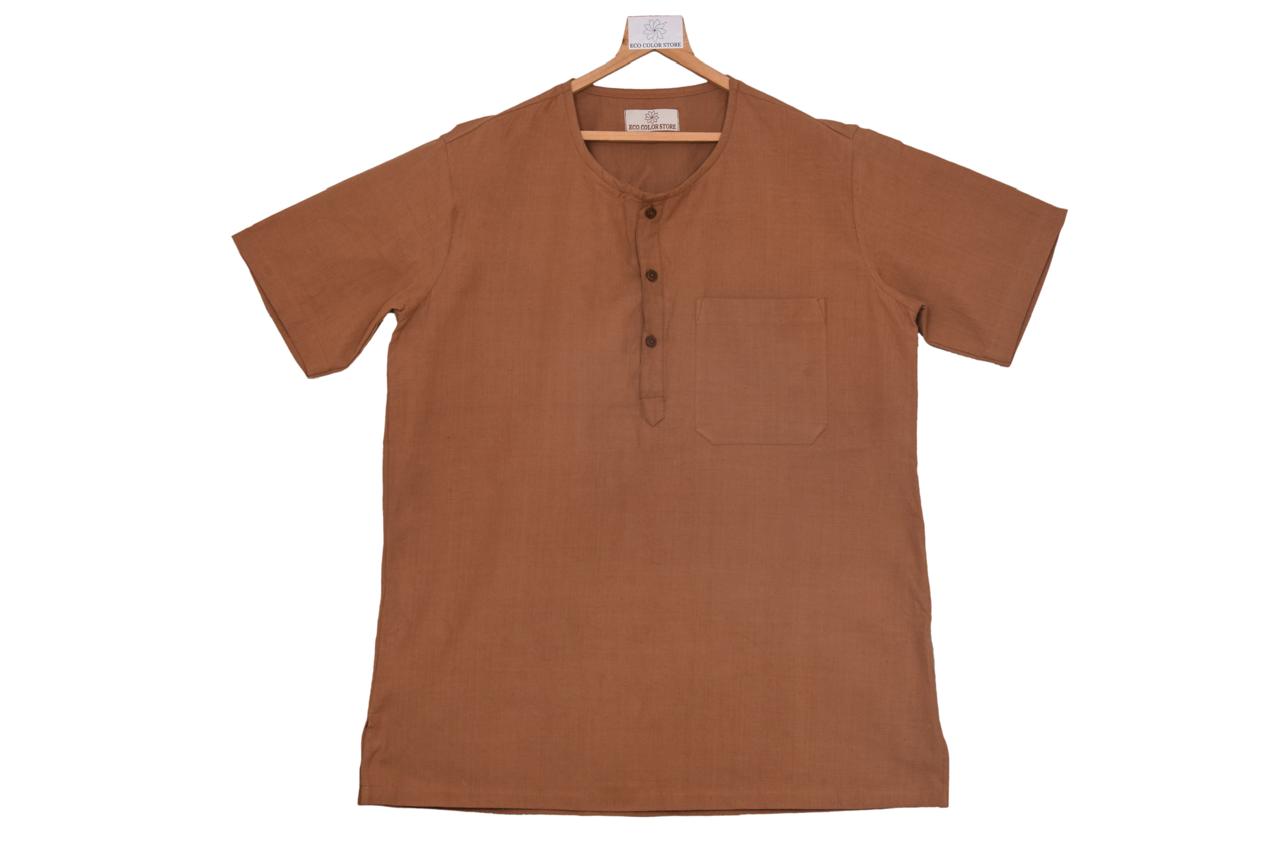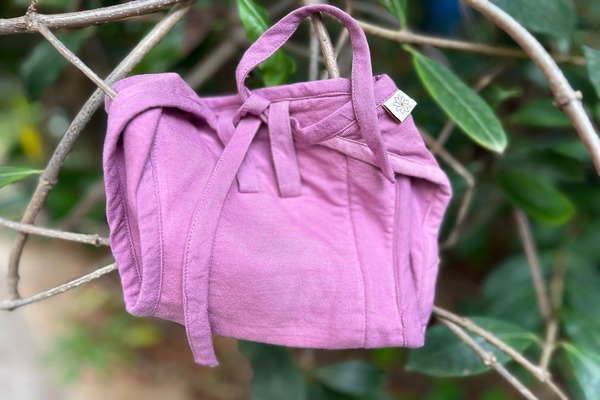The Power of Natural Colors and Dyes: A Step Toward a Healthier Planet and Healthier Fabrics

In a world that’s becoming increasingly aware of the importance of sustainability, natural colors and dyes are making their mark as eco-friendly alternatives to harmful synthetic dyes. At Eco Color Store, we’re passionate about embracing these sustainable practices in our fabric production, which not only benefit the environment but also promote healthier, skin-friendly fabrics. Let’s dive into how natural dyes, unbleached fabrics, and compostable textiles are shaping a better future for the planet and for you.
The Beauty of Natural Colors and Dyes
Natural colors and dyes are derived from plants, minerals, and organic sources, offering an organic way to achieve vibrant, long-lasting hues. Unlike synthetic dyes, which are often made with toxic chemicals, natural dyes are not only safer for the environment but also gentler on your skin. They come from nature’s abundant resources such as indigo, henna, turmeric, and pomegranate, bringing a sense of authenticity and sustainability to your wardrobe.
These natural colors are not just aesthetically pleasing; they help reduce environmental impact by eliminating the need for harmful chemical processes in the dyeing industry. This simple shift toward organic materials plays a vital role in ensuring a cleaner, safer planet.
Unbleached Fabric: Keeping it Pure
One of the key features of natural fabrics is that they are often unbleached, meaning they’re free from the harsh chemicals typically used in traditional fabric processing. Bleaching processes can strip away natural fibers, while also contributing to pollution in waterways. By choosing unbleached fabrics, we’re embracing a more natural, chemical-free textile that is better for both people and the planet.
Unbleached fabric retains its natural color and texture, making it even more sustainable. And since it’s untreated, it’s free from any harmful chemicals that can irritate sensitive skin or harm the environment when washed.
Compostable Fabrics: A New Era of Eco-Conscious Textiles
Compostable fabrics are made from fibers that naturally break down in the environment, such as organic cotton, linen, and hemp. These fabrics do not contribute to long-term waste, unlike synthetic fabrics, which can take hundreds of years to decompose in landfills.
Choosing compostable fabrics ensures that your textiles won’t sit in a landfill for generations, but instead will safely return to the earth when disposed of. As the world faces increasing waste and pollution issues, this sustainable approach to fabric production is a key step toward reducing our collective environmental footprint


